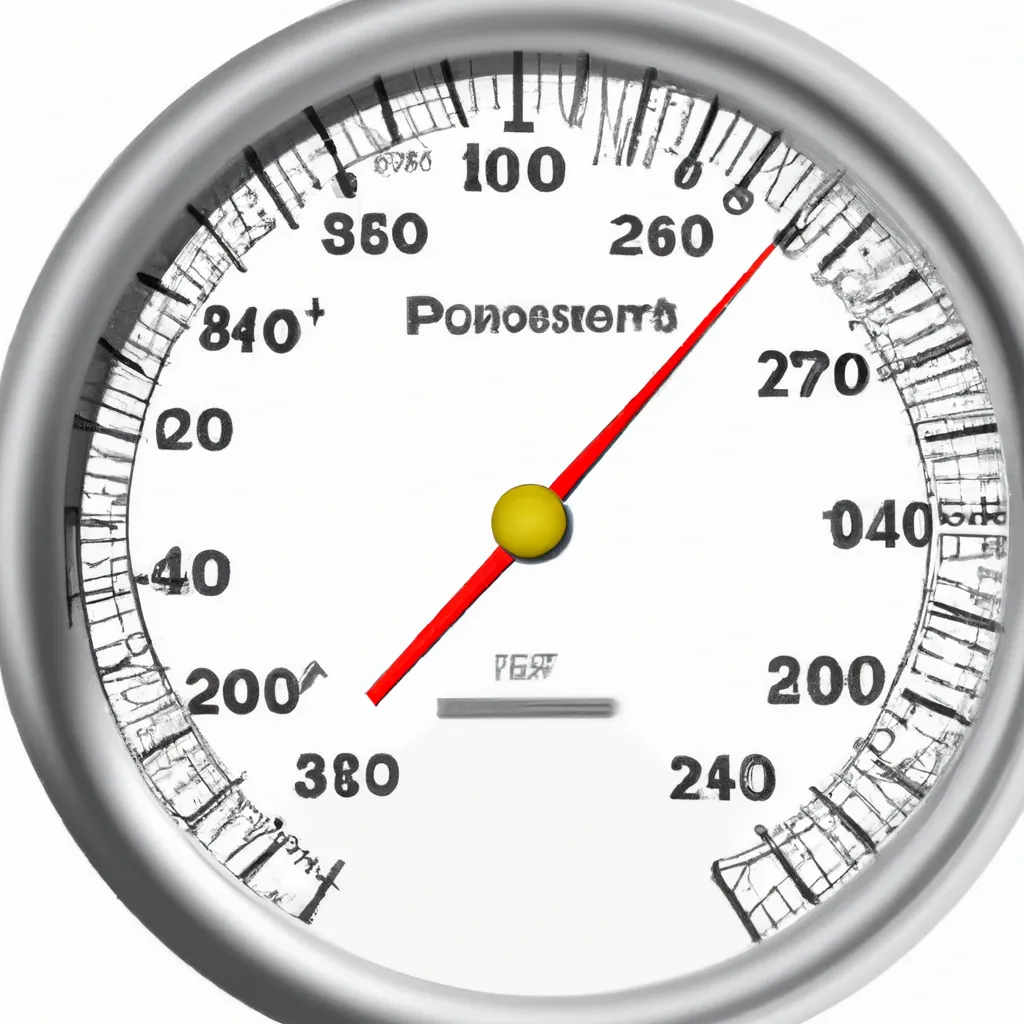Understanding Atmospheric Pressure - What it Tells You About the Weather

The Lowdown on Atmospheric Pressure in Weather Forecasting
Ever wondered why meteorologists are so obsessed with atmospheric pressure? Well, let's dive into it. Atmospheric pressure, or as it's sometimes known, barometric pressure, is the force that the air in our atmosphere exerts. It's like a big, invisible, weighty blanket of air molecules pressing down on us. And it's measured in units that sound like they're straight out of a sci-fi movie: "millibars" (mb) or "inches of mercury" (inHg).
Now, you might be thinking, "That's cool and all, but what does it have to do with whether I need to carry an umbrella tomorrow?" Well, my friend, atmospheric pressure is like a crystal ball for weather conditions. High pressure systems are like the cool kids at the weather party, bringing clear skies and calm weather. On the other hand, low pressure systems are the drama queens, often bringing stormy weather and precipitation. So, by keeping an eye on atmospheric pressure, meteorologists can predict if a storm is about to crash the party.
But that's not all! Atmospheric pressure also spills the tea on wind patterns. Wind is born out of differences in air pressure. The bigger the pressure difference, the stronger the wind. By measuring the pressure gradient (a fancy term for the rate at which pressure changes over a certain distance), meteorologists can predict wind speed and direction.
And guess what? Atmospheric pressure is also a handy tool for figuring out the altitude of a location. As you go higher, atmospheric pressure decreases. So, by measuring the pressure at a certain spot, meteorologists can calculate the altitude and predict changes in atmospheric conditions at different heights.
So, in a nutshell, atmospheric pressure is the Sherlock Holmes of weather forecasting. By monitoring changes in pressure, meteorologists can predict changes in the weather, wind patterns, and altitude. This information is not just for science nerds (like us!), but it's also crucial for ensuring the safety of people living in the area. So, the next time you check the weather, give a nod to the humble atmospheric pressure - the unsung hero of weather forecasting!
Sources
- Atmospheric Pressure - National Weather Service
- Atmospheric Pressure and Weather - Sciencing
- How Does Atmospheric Pressure Affect Weather? - WorldAtlas
- Atmospheric Pressure - Britannica
- Atmospheric Pressure - National Geographic Society
Remember, this is a simplified explanation and weather forecasting is a complex science that takes into account many other factors. But hey, now you know a bit more about how it works!
This question was originally posed here: ELI5: When checking the weather, what does the percentage of precipitation mean?